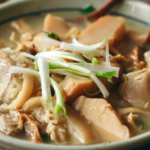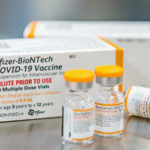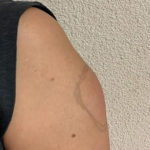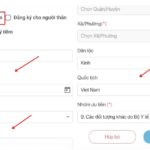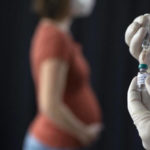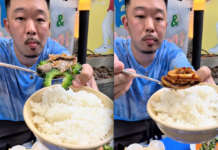Information about Vietnam’s COVID-19 vaccination program for adolescents aged 12 to 17 has been highly anticipated by parents, especially those with children in this age group. So, will children in this age group be vaccinated, and if so, which vaccine will be used? Find out more in the article below!
1 Which COVID-19 Vaccine Will Be Used for Adolescents Aged 12 to 17?
It is understood that, globally, only the Pfizer vaccine has been approved by the US Food and Drug Administration for use in individuals aged 12 and older.
Many countries are currently using only the Pfizer vaccine for their adolescent populations.
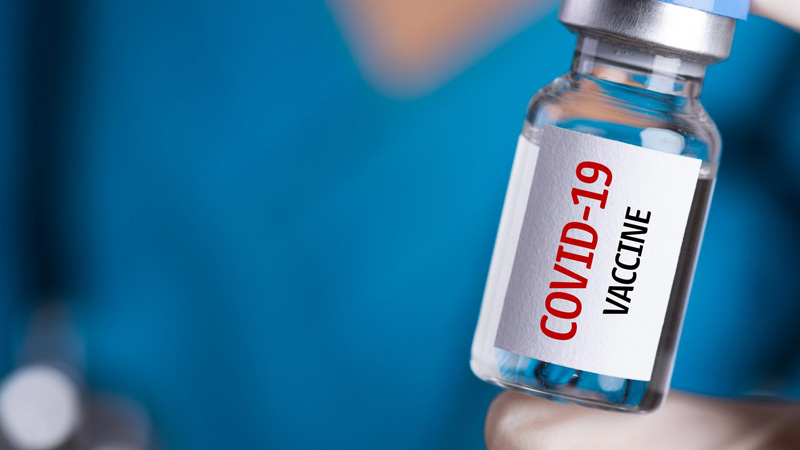 The Pfizer vaccine has been approved by the US FDA for use in individuals aged 12 and older.
The Pfizer vaccine has been approved by the US FDA for use in individuals aged 12 and older.
Regarding the type of vaccine that will be administered to adolescents in the near future, according to information from the Lao Dong newspaper, Dr. Pham Quang Thai, Head of the Northern Office for Expanded Immunization Program and Deputy Head of the Department of Infectious Disease Control, National Institute of Hygiene and Epidemiology, shared: The Pfizer vaccine dose for adolescents aged 12 to under 18 will be the same as that for adults. For the group under 12 years of age, the dossier is currently being completed, and the dose is expected to be lower than that for adults.
However, as of now, the Ministry of Health has not specified which vaccine, from which country, will be allowed for adolescents aged 12 to 17.
2 Is It Important to Vaccinate Adolescents Against COVID-19?
Many parents are still wondering if it is important to vaccinate their adolescent children against COVID-19. The answer is YES. The COVID-19 vaccine not only helps reduce the risk of infection and severe disease but also allows children to resume their normal activities, just like adults.
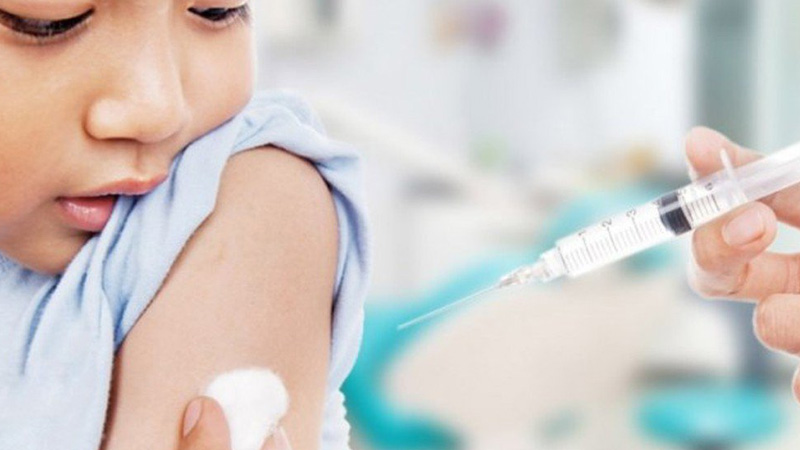 The COVID-19 vaccine helps reduce the risk of infection and severe disease.
The COVID-19 vaccine helps reduce the risk of infection and severe disease.
In fact, if infected, children can also experience serious and long-lasting side effects similar to those seen in adults, even if they have never shown any symptoms or only had mild symptoms at the time of infection.
Many children who contract the disease continue to experience fatigue, headaches, abdominal pain, muscle and joint pain, and difficulties with memory and information processing.
The official COVID-19 vaccine for adolescents aged 12 to 17, approved by the Ministry of Health, will be announced as soon as possible. Stay tuned for our upcoming articles to stay informed!
Source: Lao Dong Newspaper, Ministry of Health
A Nationwide COVID-19 Vaccination Drive for Children Aged 5-11: Protecting Our Youngest Citizens.
“With the ongoing COVID-19 vaccine rollout, there has been significant progress in protecting adolescents aged 12-17. Now, the question on everyone’s mind is: When will the younger cohort, aged 5-11, have their turn to receive the COVID-19 vaccine? It’s time to delve into this topic and explore the possibilities.”
A Simple Guide to Registering for the Covid-19 Vaccine on the Website, No App Needed
“Are you looking to book your COVID-19 vaccine appointment online without the hassle of downloading an app? Well, look no further! Join us as we explore the easy and convenient way to secure your vaccine slot with just a few clicks. It’s time to take charge of your health and bid farewell to the pandemic blues.”


























